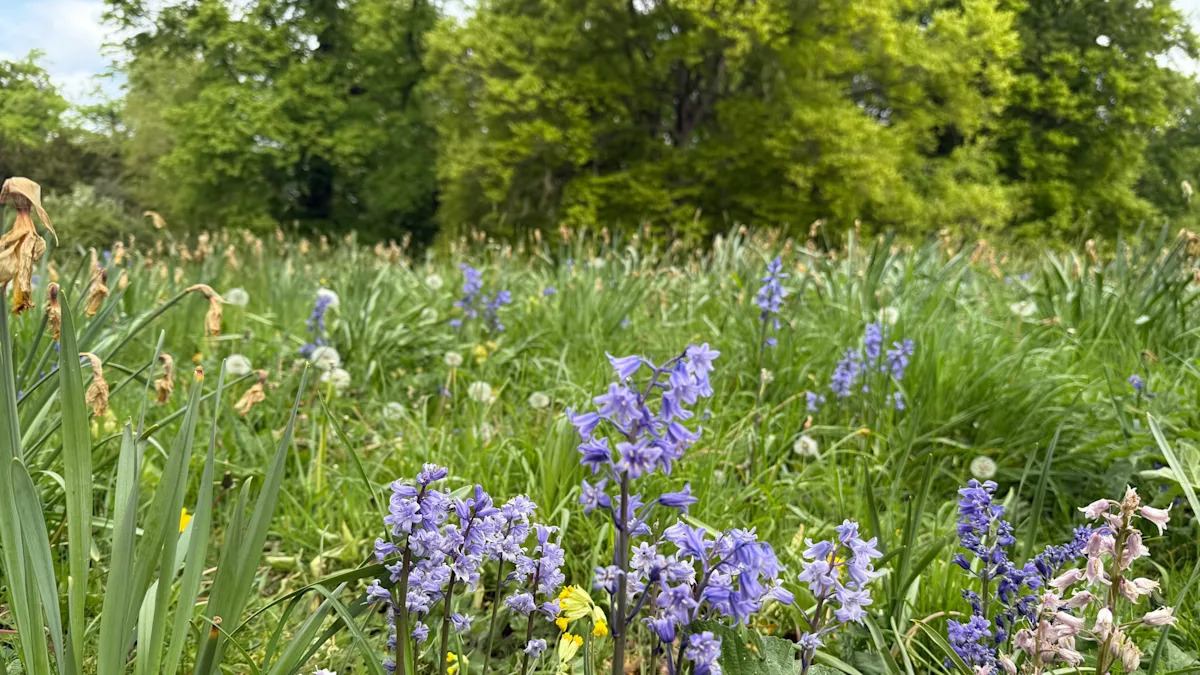Home / Environment / Trowbridge Residents Debate 'No Mow' Zones to Revive Local Ecosystems
Trowbridge Residents Debate 'No Mow' Zones to Revive Local Ecosystems
15 Oct
Summary
- Trowbridge Town Council proposes 'no mow' zones to support biodiversity
- Research shows less mowing increases nectar for pollinators by 10 times
- Residents have mixed views, with concerns about dog walkers and sports

As of October 16th, 2025, the town of Trowbridge in Wiltshire is exploring the idea of creating 'no mow' zones to support local ecosystems. Trowbridge Town Council has launched a survey to gather residents' opinions on where these designated areas should be established.
The 'no mow' zones would allow grass to grow long for part or all of the growing season, rather than being regularly mowed. This approach has been shown to significantly benefit biodiversity, providing up to 10 times more nectar for bees, butterflies, moths, beetles, and other pollinators, according to research by the organization Plantlife.
Mel Jacob, the leader of Trowbridge Town Council, emphasized the importance of letting nature thrive. "Most of us have a lawn that we cut - by doing that you're getting rid of all the wildflowers that would have been living within the grass and reducing insect life," she explained. The council is particularly interested in designating the Paxcroft Brooke area next to the Paxcroft Mead development as a 'no mow' zone, as this had been popular with residents in the past.
However, the proposal has received mixed reactions from locals. While some, like resident Kerry Gibson, believe it would "make it look nicer" and provide a more natural environment, others have concerns. Resident Stephanie noted that 'no mow' zones could potentially be used as "a dog toilet," which would not be ideal. The council is also considering the impact on sports and recreational activities.
The survey, which is set to close on October 31st, 2025, will help Trowbridge Town Council determine the best locations for these 'no mow' zones. As the council continues to gather feedback, the future of Trowbridge's natural spaces hangs in the balance, with the potential to strike a balance between environmental preservation and community needs.




